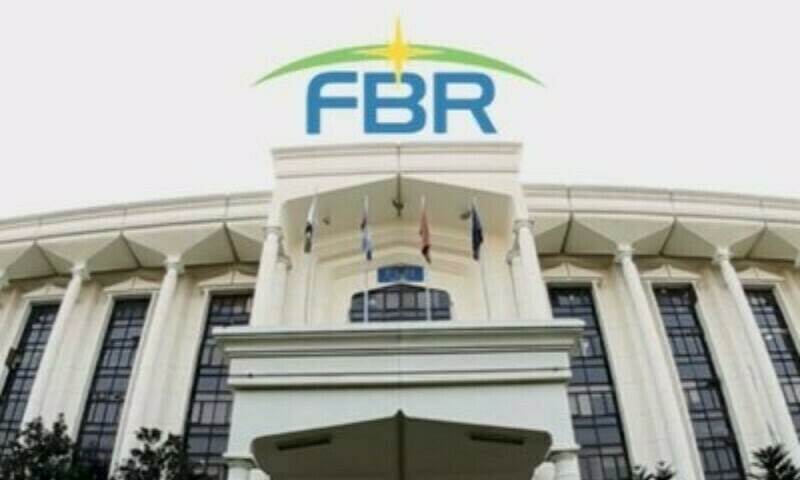• NA panel orders urgent tabling of controversial law in parliament
• FBR chairman asks for one to two months to observe how law operates
ISLAMABAD: A parliamentary panel on Friday stated that the government had clearly circumvented parliamentary oversight by promulgating a tax ordinance just a day before the scheduled session and immediately initiating recoveries under it.
The National Assembly’s Standing Committee on Finance and Revenue also urged the government to immediately introduce the controversial ordinance in parliament. A special meeting of the committee was urgently convened to discuss a single-point agenda: the promulgation of the Tax Laws (Amendment) Ordinance, 2025, and its immediate enforcement.
“You have shown quite an urgency in promulgating the ordinance and starting its implementation. We have the same urgency to scrutinise it,” said former finance minister Syed Naveed Qamar of the PPP, who presided over the meeting.
He questioned why the ordinance was promulgated in haste instead of being included in the finance bill due in a few weeks. He directed the FBR and the ministries of finance and law to ensure that the ordinance is placed on parliament’s agenda in the coming week, rather than during the budget session.
A representative of the Ministry of Law promised that the ordinance would be presented to the NA on Monday or Wednesday. He said there was urgency in introducing the ordinance but could not explain the nature of that urgency.
The committee members were unanimous in their view that the government had bypassed parliament by promulgating the ordinance and by communicating its enforcement to the FBR field formations for recovery from taxpayers.
Mr Qamar said that it was a matter of concern and an abuse of power to promulgate an ordinance just one day before the NA session and to initiate recovery from taxpayers without providing them with the right of appeal.
FBR Chairman Rashid Mahmood Langrial responded that there had been no abuse of power in promulgating the ordinance, as it had passed through three stages of scrutiny: it was vetted by the law ministry, approved by the federal cabinet, and signed into law by the president.
Mr Qamar said the FBR had failed to convince the committee of the urgency behind promulgating the ordinance. “We are waiting for the ordinance to come to us in the form of a bill, and we will question and scrutinise it,” he told the government team, including the finance secretary, the FBR chairman and Law Division representatives.
The FBR chief requested the committee to allow one or two months to observe the operation of the ordinance, which in any case carried a three-month sunset clause. He added that it was the assembly’s prerogative to reject the legislation.
MNA Mirza Ikhtiar Baig said the ordinance was completely contradictory to the FBR’s stated commitment to a business-friendly environment.
The committee members also raised questions about the repercussions of the ordinance on the judiciary, especially in view of the limited appeal window.
However, Mr Qamar advised his colleagues to reserve judgement on the merits and contents of the ordinance until it reached parliament, pointing out that the meeting had been convened to discuss the urgency of the ordinance and the principle of parliamentary supremacy.
Mr Langrial explained the FBR only aimed to implement the orders of high courts and the ordinance introduced only three carefully scoped amendments to address urgent legal, administrative and enforcement gaps in the tax system.
The committee also raised serious concerns over the eroding public confidence in the FBR and stressed that any legislative measures involving the FBR must prioritise restoring public trust. Members also recommended enhancing the capacity of FBR officials in tax collection procedures to improve efficiency and facilitate taxpayers, thereby contributing to greater revenue generation.
Published in Dawn, May 10th, 2025


